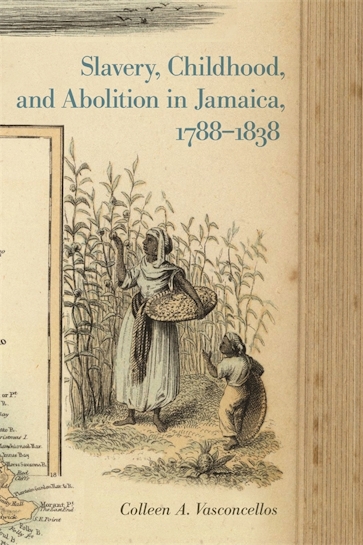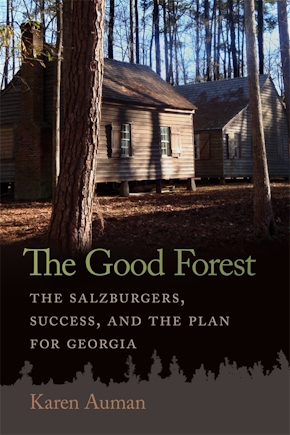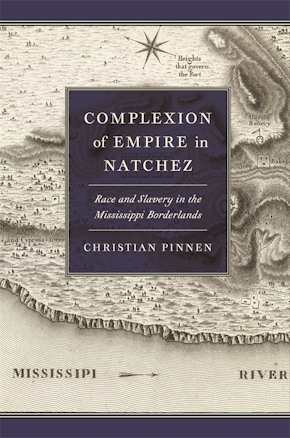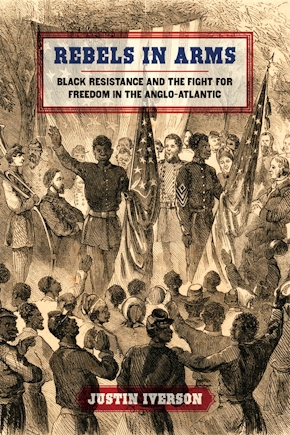Slavery, Childhood, and Abolition in Jamaica, 1788–1838
Title Details
Pages: 176
Trim size: 6.000in x 9.000in
Formats
Paperback
Pub Date: 05/15/2015
ISBN: 9-780-8203-4805-6
List Price: $25.95
Hardcover
Pub Date: 05/15/2015
ISBN: 9-780-8203-4802-5
List Price: $62.95
eBook
Pub Date: 05/15/2015
ISBN: 9-780-8203-4803-2
List Price: $25.95
Series
Subsidies and Partnerships
Published with the generous support of Andrew W. Mellon Foundation
Related Subjects
Slavery, Childhood, and Abolition in Jamaica, 1788–1838
New insights into how enslaved children were used, abused, and conceptualized during a pivotal period of African diasporic history
Skip to
- Description
- Reviews
This study examines childhood and slavery in Jamaica from the onset of improved conditions for the island’s slaves to the end of all forced or coerced labor throughout the British Caribbean. As Colleen A. Vasconcellos discusses the nature of child development in the plantation complex, she looks at how both colonial Jamaican society and the slave community conceived childhood—and how those ideas changed as the abolitionist movement gained power, the fortunes of planters rose and fell, and the nature of work on Jamaica’s estates evolved from slavery to apprenticeship to free labor. Vasconcellos explores the experiences of enslaved children through the lenses of family, resistance, race, status, culture, education, and freedom. In the half-century covered by her study, Jamaican planters alternately saw enslaved children as burdens or investments. At the same time, the childhood experience was shaped by the ethnically, linguistically, and culturally diverse slave community.
Vasconcellos adds detail and meaning to these tensions by looking, for instance, at enslaved children of color, legally termed mulattos, who had unique ties to both slave and planter families. In addition, she shows how traditions, beliefs, and practices within the slave community undermined planters’ efforts to ensure a compliant workforce by instilling Christian values in enslaved children. These are just a few of the ways that Vasconcellos reveals an overlooked childhood—one that was often defined by Jamaican planters but always contested and redefined by the slaves themselves.
—James Robertson, department of history and archaeology, The University of West Indies, Mona
—Trevor Burnard, author of Creole Gentlemen: The Maryland Elite, 1691-1776
—Shani Roper, Journal of the History of Childhood and Youth



